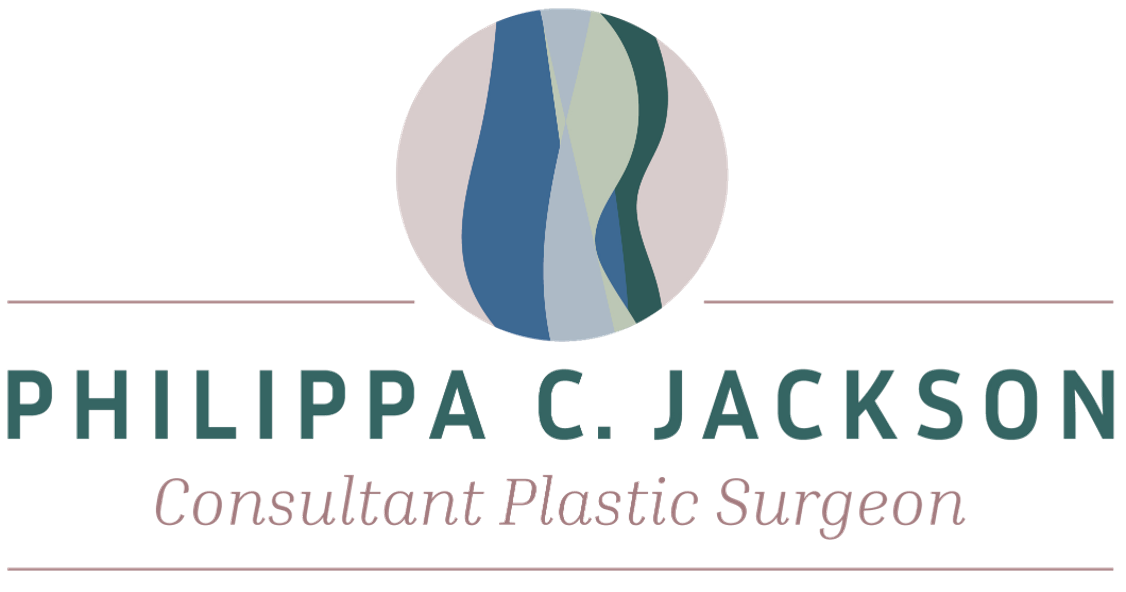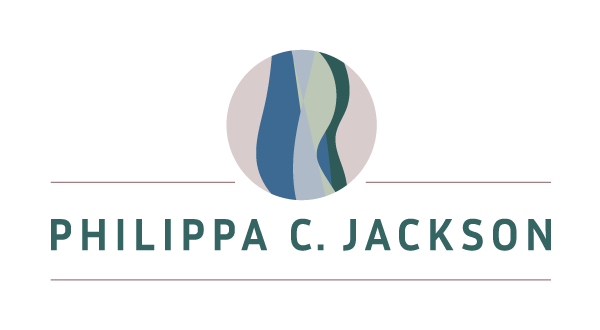PATIENT INFORMATION:
CHOOSING A SURGEON
Choosing your Plastic Surgeon can be a daunting prospect and the internet is flooded with choice. What makes it even harder is the challenge in understanding the qualifications an individual may have and whether that means they truly do have the highest standard of training and skills. Here are a few simple checks to help you make the best choice.
- GMC Specialist Register
o When surgeons in the UK complete their training, or have completed equivalent training abroad, they can apply to the General Medical Council to appear on the Specialist Register.
o A doctor whose name appears on the Specialist Register is eligible to be a substantive (permanent) consultant in the specialty listed by their name.
o What makes things confusing is that a doctor can practice in a particular specialty but not be on the Specialist Register. This means they haven’t completed training to a standard accepted by the GMC and would not be allowed to take up a consultant post in the NHS.
o Check the GMC Specialist Register here. - Check for FRCS (Plast)
o When surgeons specialise in Plastic Surgery they are required to sit an ‘exit’ exam towards the end of their surgical training. This exam is rigorous and tests a wide range of specialist knowledge.
o However, a surgeon may call themselves a Plastic Surgeon without the FRCS (Plast) and this creates further confusion. You may also see people refer to themselves as Cosmetic Surgeons, Cosmetic or Aesthetic Doctors, or Cosmetic Specialists. None of these are qualified Plastic Surgeons unless they have FRCS (Plast) in their credentials. - Ask your surgeon about their specialist area of expertise
o You shouldn’t be afraid to ask your surgeon about their area of sub-specialty interest. It is advisable if you are choosing a specific procedure to find a surgeon who is highly skilled and experienced in that particular field. - Don’t trust everything you read or see on social media
o Lots of people publish before and after photos on their websites and this can be incredibly helpful to get an idea of what to expect from surgery.
o Surgeons in the UK are strictly governed by Data Protection and Advertising rules and regulations to ensure the information published is accurate and not misleading.
o Not all practitioners are so scrupulous, and it can be hard to distinguish between genuine images and falsified ones.
o Practitioners outside the UK are not governed by the same regulations.
o Questions to ask – how many procedures did it take to reach the result in the picture I’m looking at? Has the picture been retouched/airbrushed/filtered? Is the lighting different in the ‘after’ photo? Is the patient smiling or do they have make-up on which is different to the ‘before’ photo? - Don’t go abroad
o Although it can be tempting to go with a cheap surgeon abroad (and get a holiday) you are putting yourself at significant risk. Contracts are usually in a foreign language and so you cannot be sure what you are agreeing to. Surgeons may not be specialised in the type of surgery you are looking for. Complications cannot be managed appropriately as you may be home when they develop. Flights increase your risk of clots which can be life-threatening.
o Patients have suffered serious complications and have died as a result of going abroad for surgery with unaccredited providers. No surgery is risk free but why increase the risk? - Be prepared to wait
o Good surgeons are often popular and so there may be a short wait before you get your operation.
o The cooling off period was introduced to give patients time to consider their options before having surgery. The quickest you should have your operation is within 2 weeks. - Board certified surgeons are based in North America.
o You may see some surgeons advertising themselves as board certified but this is not recognised in the UK.
o Only surgeons who appear on the General Medical Council Specialist Register are the equivalent of board certified. - Cost
o Beware free consultations and cut-price surgery. The British Association of Aesthetic Plastic Surgeons highlight the need to be wary of practitioners, clinics and hospitals offering free consultation. This is a marketing tactic.
o Combining procedures such as a breast reduction or uplift and a tummy tuck is a common practice. The cost for this will be lower than having the 2 procedures separately. However, some procedures are higher risk when combined and your surgeon should explain this to you.


